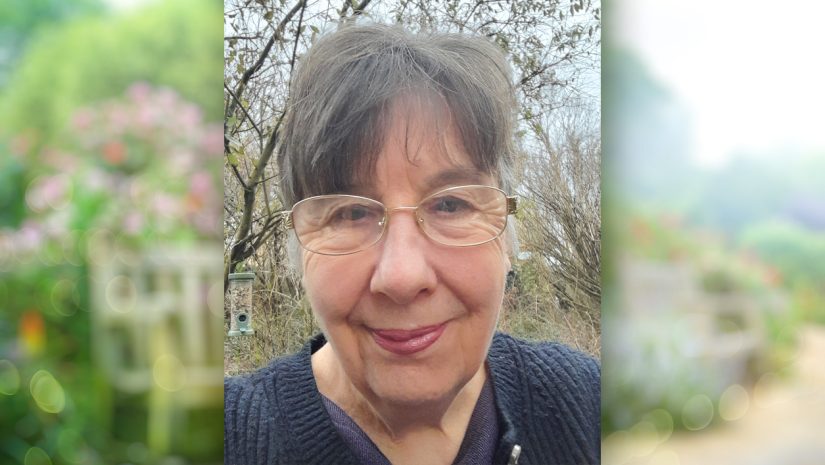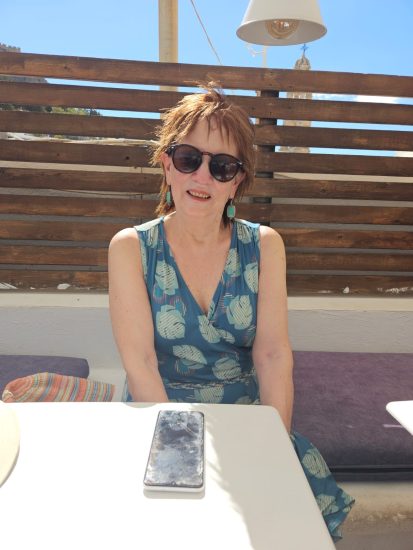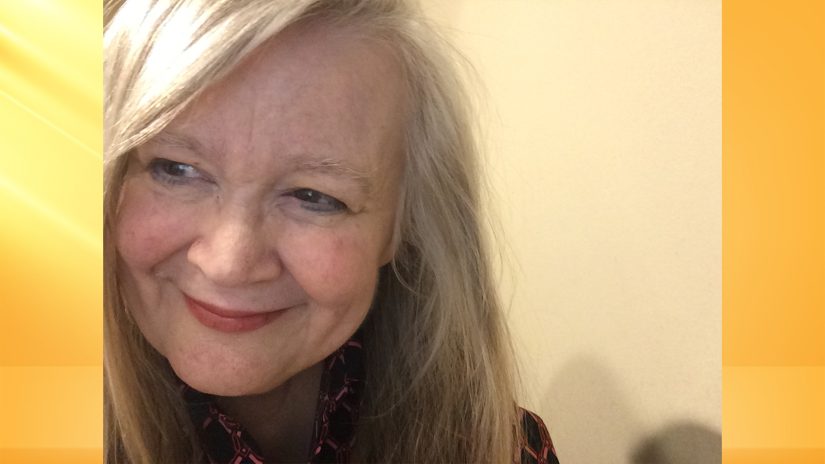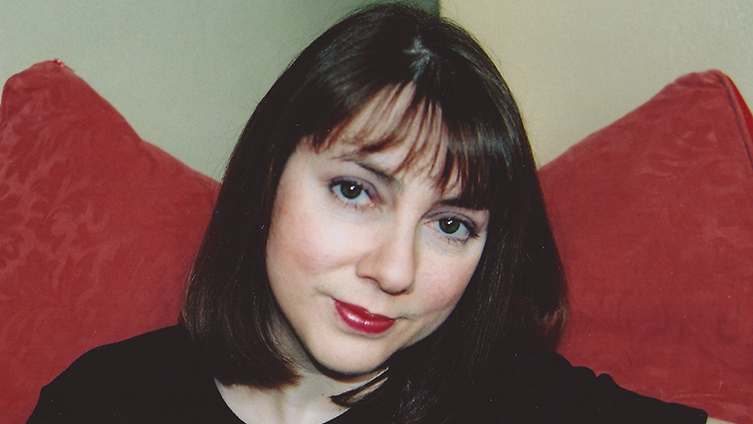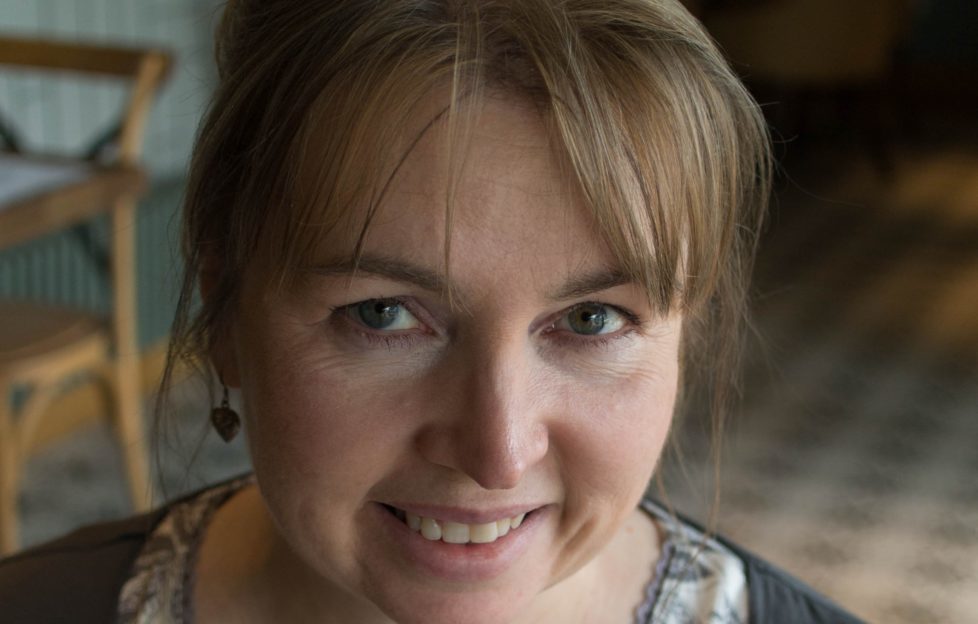
Shirley’s guest this week is Suzanne Ross Jones, writer of the popular Cat Cafe series of short stories. Don’t miss her latest in our July 21 issue, on sale this week.
Reported Missing From The Cat Café is no. 12 in this series. Did you foresee all these stories for Maxine when you submitted the first one back in 2016?
Maxine was very much a one-story cat lady at first. I was delighted when the story was accepted and that should have been the end of it, but the characters wouldn’t leave me alone and demanded that I carry on. They were impossible to ignore – some of them were miaowing pretty loudly to have their stories told. (I don’t know if you recall, but my first attempt of that first story was submitted in March 2016 – and a requested rewrite of that first story was submitted in April 2016. Thank you so much for the suggestions you made and for allowing me a chance to rework it. I doubt my little café would have got off the ground without your advice and support.)
And where did you get that first idea for Maxine’s Cat Café?
My daughter arranged a family visit to a cat café. I have to admit I wasn’t sure about it when she told me. I love cats and I love cafés, but I really couldn’t see how the two would go together. Would the cats be happy with a constant and ever-changing supply of visitors intruding into their world? Would it be hygienic to eat there?
As soon as I stepped over the threshold I was smitten. The place is wonderful – spotlessly clean and the staff are lovely and very obviously have the welfare of the cats as their first priority. Then there were the other customers – mostly cat crazy people, with the odd reluctant companion dragged into the mix. It really is a fascinating place. The cats, of course, are a delight – each with their own personality. And there’s hot chocolate, and speciality teas, and cake…
We’ve been back many times since, but I knew at once that I’d have to write a story set in a cat café.
You’re a frequent short story writer for The People’s Friend. Do you still harbour other writing ambitions, or are short stories your niche?
I adore writing short stories. The quick turnaround is a huge draw, of course, but it’s more than that. Writing a short story is almost like working on a puzzle, where you have to fit everything into the required number of words and make sure those words are in the best possible order. My output isn’t has high as I would like, but I don’t know that I could stop writing short stories completely even if I tried. Along with the short stories, I’ve also written a handful of contemporary romance novellas (some of which have been published as Pocket Novels). As for other ambitions… I have ideas for a couple of science fictions novels, plans for a horror or two, and I’d love to write a long mystery. One day they may all make it out of my head and onto the laptop.
You work full-time as well – are you very disciplined about fitting in writing time? What’s your routine?
I write during little snatches of time here and there, when inspiration grabs me. I need what I like to call ‘space in my head’ to be able to write. I need time to sit quietly, not thinking about anything in particular so that the story can evolve. Sometimes, all my writing time is taken up with thinking. But given a good day, when the words flow, well, that’s what makes it all worthwhile. I really should try to be a bit more disciplined – then maybe everything would fall into place with those longer pieces I have in mind.
Notebook and pencil or laptop? Kitchen table or study? Blank wall or inspiring view?
Laptop on knees, sitting on the sofa, with the TV on for company. I’m not fond of daylight, so if I’m in on my own I close the curtains (if anyone asks, I say it’s to cut out glare on the screen, but really I just work better in a dull room). I always carry a notebook in my handbag, but that’s becoming less and less useful as I’m rapidly losing the ability to read my own writing (it’s truly terrible).
And a PS: What’s your one top tip for aspiring writers?
I think the most important thing is to believe in yourself and your story. Most of us seem to be plagued with self-doubt at various points, but in the end you need to get past that and trust your own creative process.
Don’t miss an issue of The “Friend”: subscribe here

